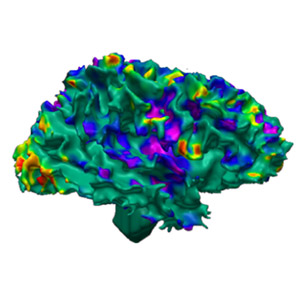March 25, 2015 — A study published today in JAMA Psychology outlines the negative impacts of prenatal exposure to air pollutants on childhood brain development. Researchers at the Institute for the Developing Mind at Children’s Hospital Los Angeles and Columbia University’s Center for Children’s Environmental Health followed the development of 40 children from before birth through ages 7 to 9.
The study’s authors specifically looked at polycyclic aromatic hydrocarbons — chemicals formed during the “incomplete burning of coal, oil and gas, garbage or other organic substances” — and discovered pre- and postnatal exposure led to slower processing speed, attention-deficit/hyperactivity disorder symptoms and overall disruption of brain development.
This research builds on earlier studies showing the impacts of environmental pollutants and chemicals on childhood brain development as previously reported by Elizabeth Grossman for Ensia.
Ensia shares solutions-focused stories free of charge through our online magazine and partner media. That means audiences around the world have ready access to stories that can — and do — help them shape a better future. If you value our work, please show your support today.
Yes, I'll support Ensia!
